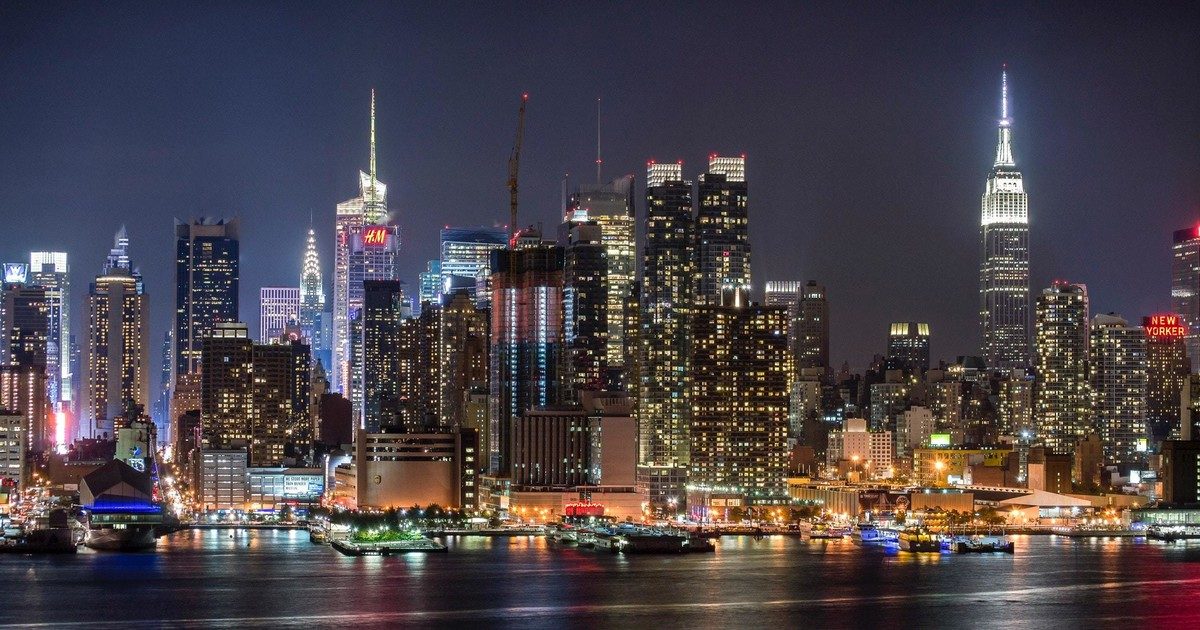In his book, Music/City: American Festivals and Placemaking in Austin, Nashville, and Newport, Jonathan Wynn jumps into the discussion about the creative class. In previous classes, we discussed how the creative class transformed low-status manual labor jobs to attractive trades for college-educated men and women. Through this process, the creative class redefined these occupations as cool and niche. However, Wynn comments on a different area of the creative class. Rather than looking at individual occupations, Wynn looks at the impact the creative class exudes on the entire city. Through his analysis, he defines the city as an entertainment machine.
By looking at a city as an entertainment machine, Wynn means that entertainment functions as the growth machine. This means that for the city to grow, it must act as a place where people can consume entertainment. Wynn argues that culture is both consumable and entertaining and thus cities should create a brand from their culture so it can be consumed and therefore the city can grow. However, I hesitate to accept this idea. In class, we look at examples like the Summer Hill Sandwich Shop and Baby Wale where individuals attempted to profit off culture and both examples resulted in culture appropriate. So, if a single restaurant is unable to accurately represent culture, I doubt that an entire city could.
To see the city as a place of entertainment, Wynn analyzed the use of music festivals. However, I think that these festivals show this misrepresentation in themselves. These festivals are becoming increasingly reliant on the main acts. By this, I mean most people do not get excited to listen to the local bands that are playing on a small stage. The majority of attendees focus their attention on the main acts. And because of this focus, the cities and companies running the festivals put more resources to the large acts because they want to profit. However, in all likelihood, the main acts probably do not represent the culture of the city they are playing in. This contradiction begs the question that if attendees focus on the main acts, can a festival accurately represent a city? Or have external forces such as attendees’ desires, and business and governments need to profit taken authentic culture out of the festivals.
Another question that Wynn’s theory of the consuming culture brings up is the overlap between culture and gentrification. What is interesting about these two ideas is that they contradict each other. The easiest way to understand this contradiction is to consider an example. A city expresses its culture through architecture. So, Wynn would argue that cities should continue to show their culture through architecture and also create ways for people to consume this culture. And cities do this through making beautiful skyscrapers with observation decks and hourly tours. However, at the same time, cities force the architecture in low-income and impoverished areas to fit a certain mold. Although these areas also express their culture through architecture, this culture is deemed unconsumable and therefore destroyed. I find a contradiction here because Wynn does not want cities to express its culture in all ways. A more accurate representation of his view would say a city should express its culture in modified ways so that it meets the standard of the creative class. Or a city should only represent its cultures that also meet the standard of the creative class.
